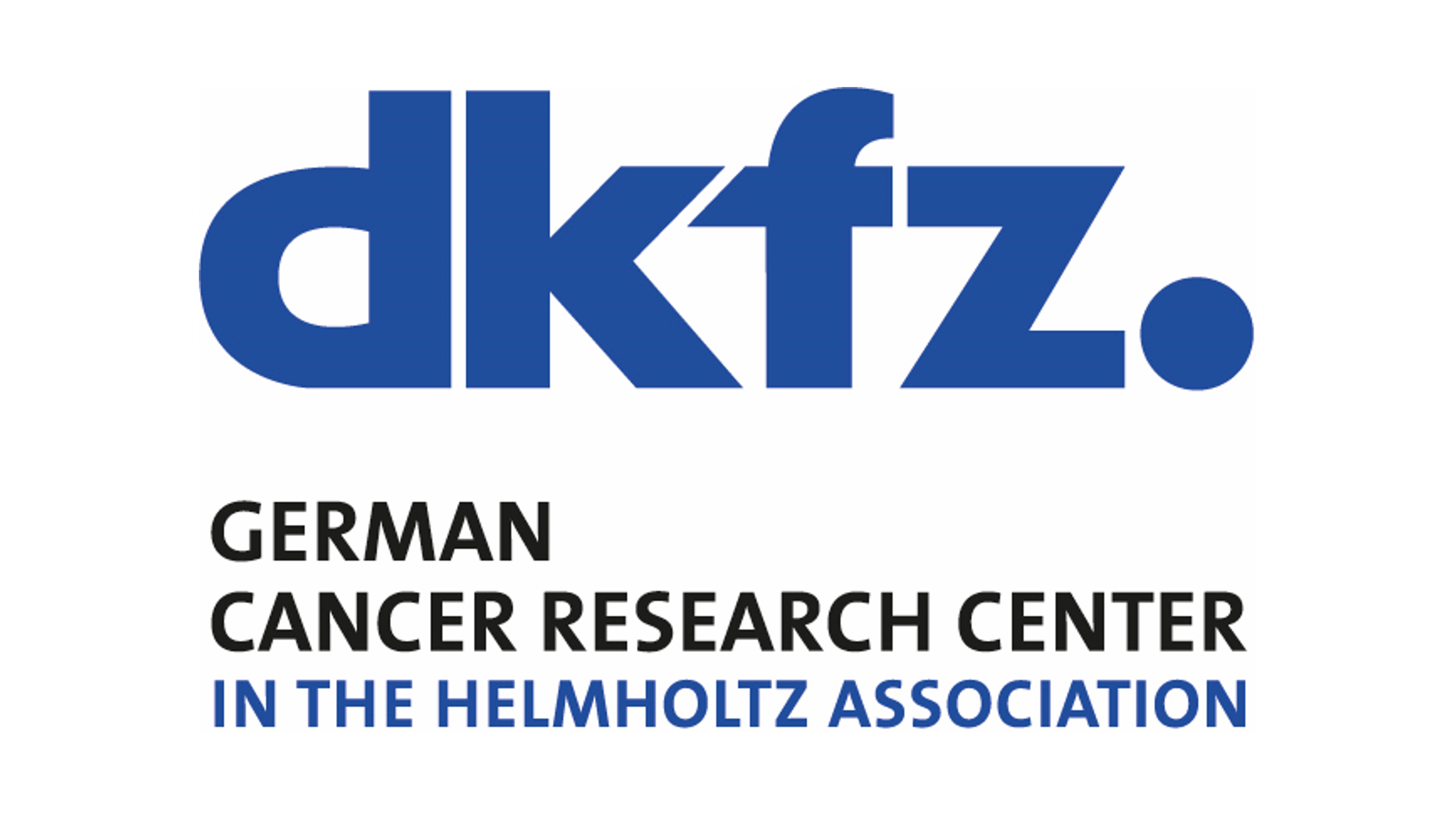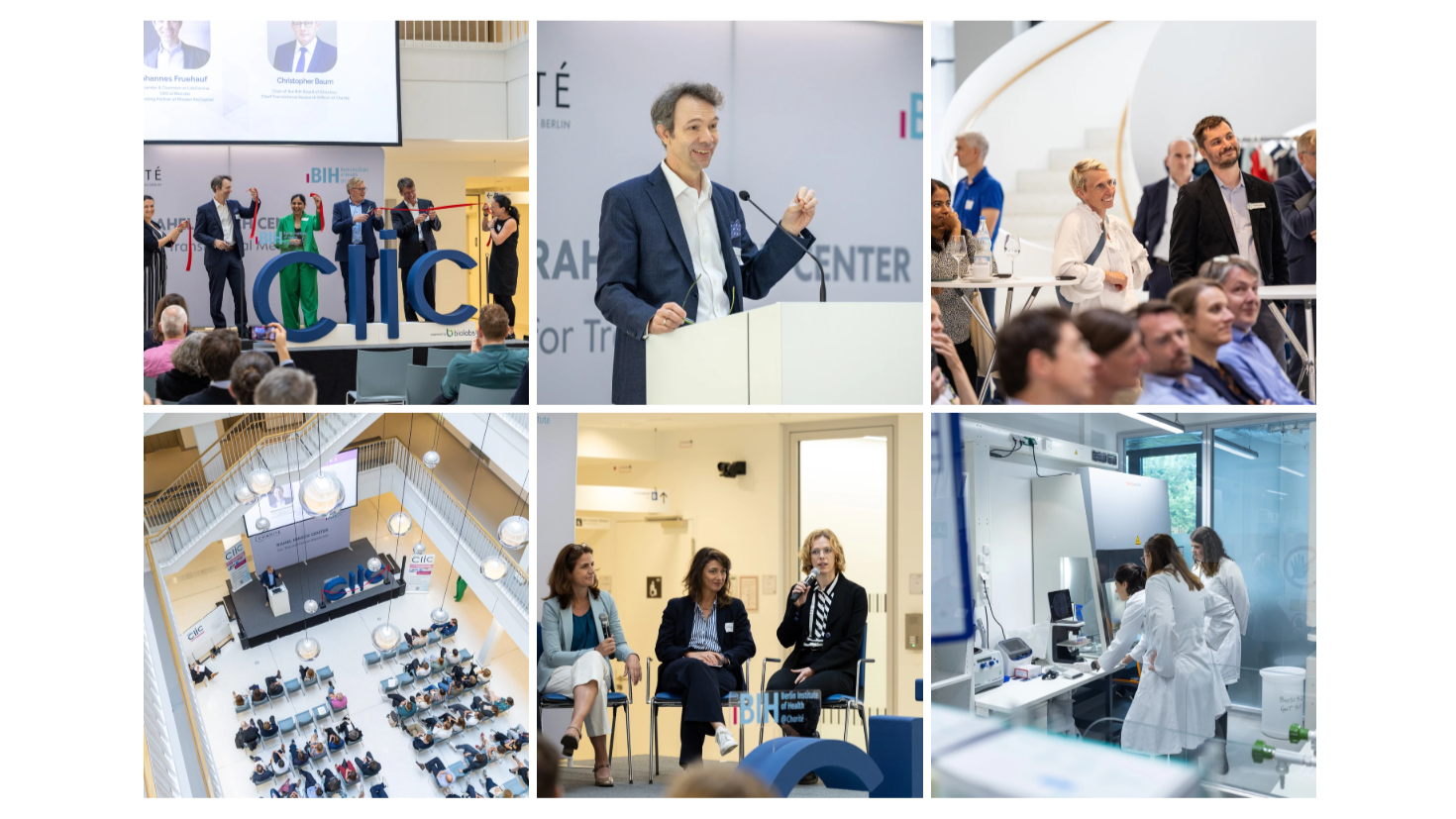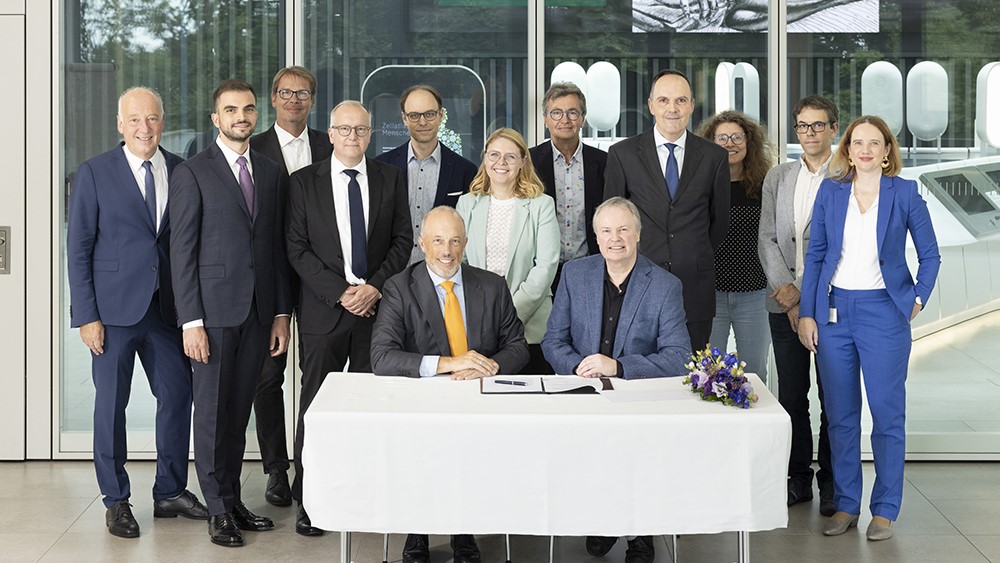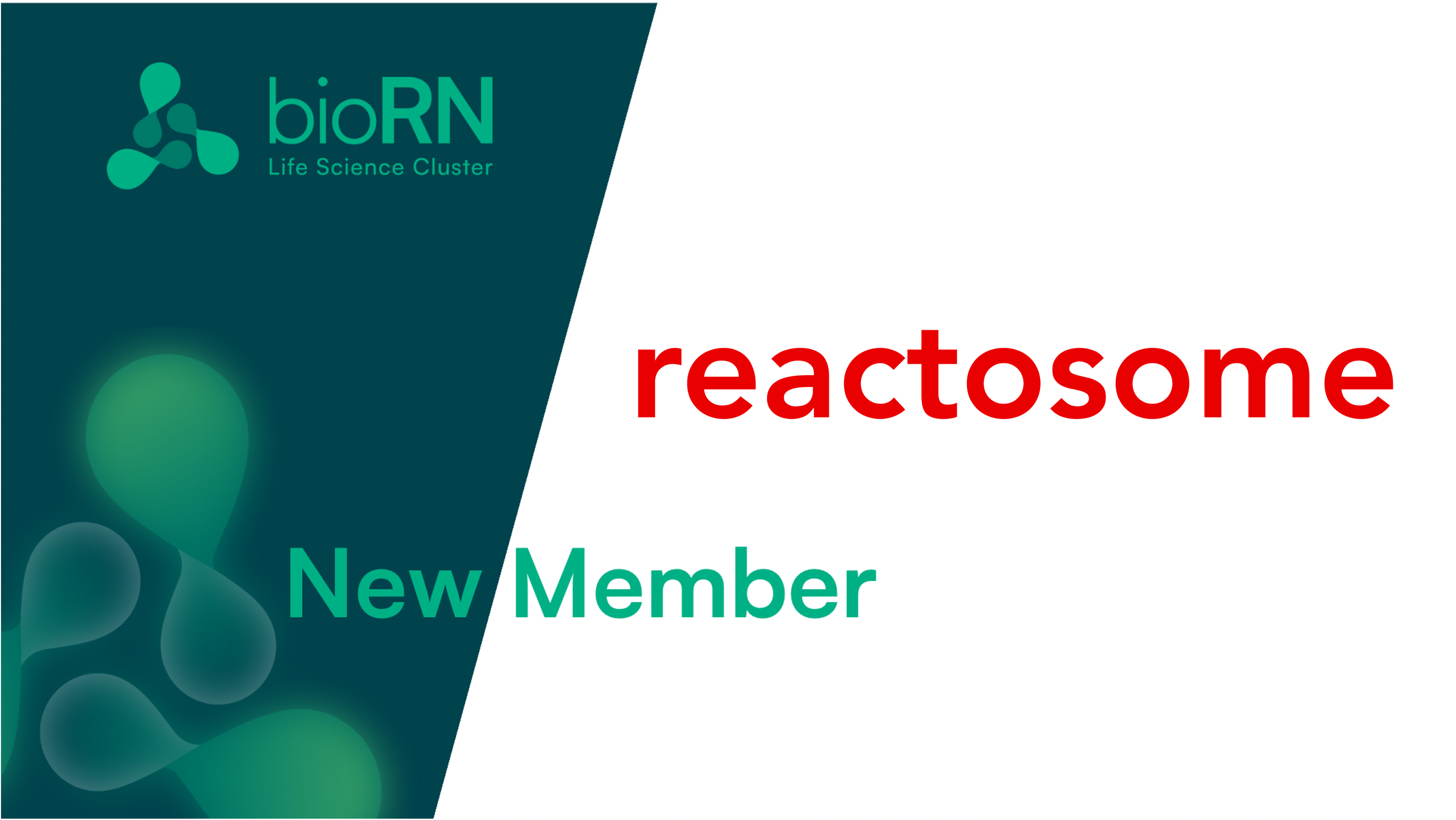
Network News

German Research Foundation provides approx. five million euros in funding Heidelberg University has been successful in the most recent funding round of the German Research Foundation (DFG) with its proposal for a new DFG Research Unit in basic biomedical research. As part of this collaborative project, researchers are investigating the fundamental principles that enable organisms […]
read more
The origin of evil: stem cell-like cells are the reason for relapses of blood cancer in children and adolescents
Stem cell-like leukemia cells are responsible for relapses in children and adolescents with a certain type of blood cancer, T-ALL. Researchers at the Hopp Children’s Cancer Center Heidelberg (KiTZ), the Molecular Medicine Partnership Unit (MMPU) – an inter-institutional partnership between the European Molecular Biology Laboratory (EMBL) and the Medical Faculty of Heidelberg University – and […]
read more
Colorectal cancer in type 2 diabetes: An insightful look into the microenvironment of tumors
Diabetics have a higher risk of colorectal cancer and often a poorer prognosis after developing the disease. The biological mechanisms behind this association were largely unknown. A research team at the German Cancer Research Center (DKFZ) has now discovered that tumors with a low number of immune cells appear to be particularly susceptible to the […]
read more
Faster sepsis diagnosis through hyperspectral imaging and AI
Sepsis is one of the most dangerous medical emergencies. The condition is the result of a misdirected immune response to an infection, which can quickly lead to organ failure and death. Every hour counts – but early detection is difficult in clinical practice. A new study from Heidelberg now presents an innovative approach: artificial intelligence […]
read more
Michael Platten Appointed “Ambassador” of European Research Council
The scientist from Heidelberg University is to boost trust in the funding of innovative research Prof. Dr Michael Platten has been appointed “Ambassador for the ERC” in order to engage with the public and decision-makers about the importance of groundbreaking research and its benefit for society and industry. The neurologist is one of two scientists […]
read more
BIH and BioLabs Launch Clinical Incubator to Accelerate Translational Biotech in Berlin
Berlin, July 15, 2025 — The Berlin Institute of Health in der Charité (BIH), in partnership with BioLabs, has officially launched the Clinical Incubator (CLIC), a new facility designed to support the rapid translation of biomedical discoveries into clinical applications. CLIC targets both academic research teams and early-stage biotech startups. By embedding the incubator within BIH’s […]
read more
Addgene Announces Strategic Partnership with Promega to Launch Plasmid Collection
Promega Plasmid Collection, available through Addgene, equips industry and academic researchers with powerful bioluminescent assays that provide deeper insights into endogenous cellular biology Watertown, MA USA. (July 15, 2025) Addgene, a purpose-driven organization helping scientists conduct experiments with greater ease, speed, and reproducibility, today announced a strategic partnership with Promega to expand Addgene’s vast plasmid repository with the […]
read more
New funding for EMBL’s cutting-edge imaging technology services
Boehringer Ingelheim Stiftung commits €7 million to support the EMBL Imaging Centre in Heidelberg A well-established EMBL partner, Boehringer Ingelheim Stiftung (BIS), is providing €7 million to continue the successful development of the EMBL Imaging Centre (IC). Since its inception, the highly committed staff have positioned the EMBL IC as an internationally leading institution for […]
read more
New Member: Welcome in our cluster to Reactosome Inc
Reactosome Inc is pioneering the Synthetic Nucleus (SN), a next-generation platform for safe, programmable delivery of large genetic cargo and biologics.Inspired by proteinosomes, SNs are stable, cell-sized compartments with tunable release, capable of delivering 14+ kb DNA or producing RNA/proteins in situ. Validated in vivo with no toxicity, SNs offer a virus-free alternative for gene […]
read more
